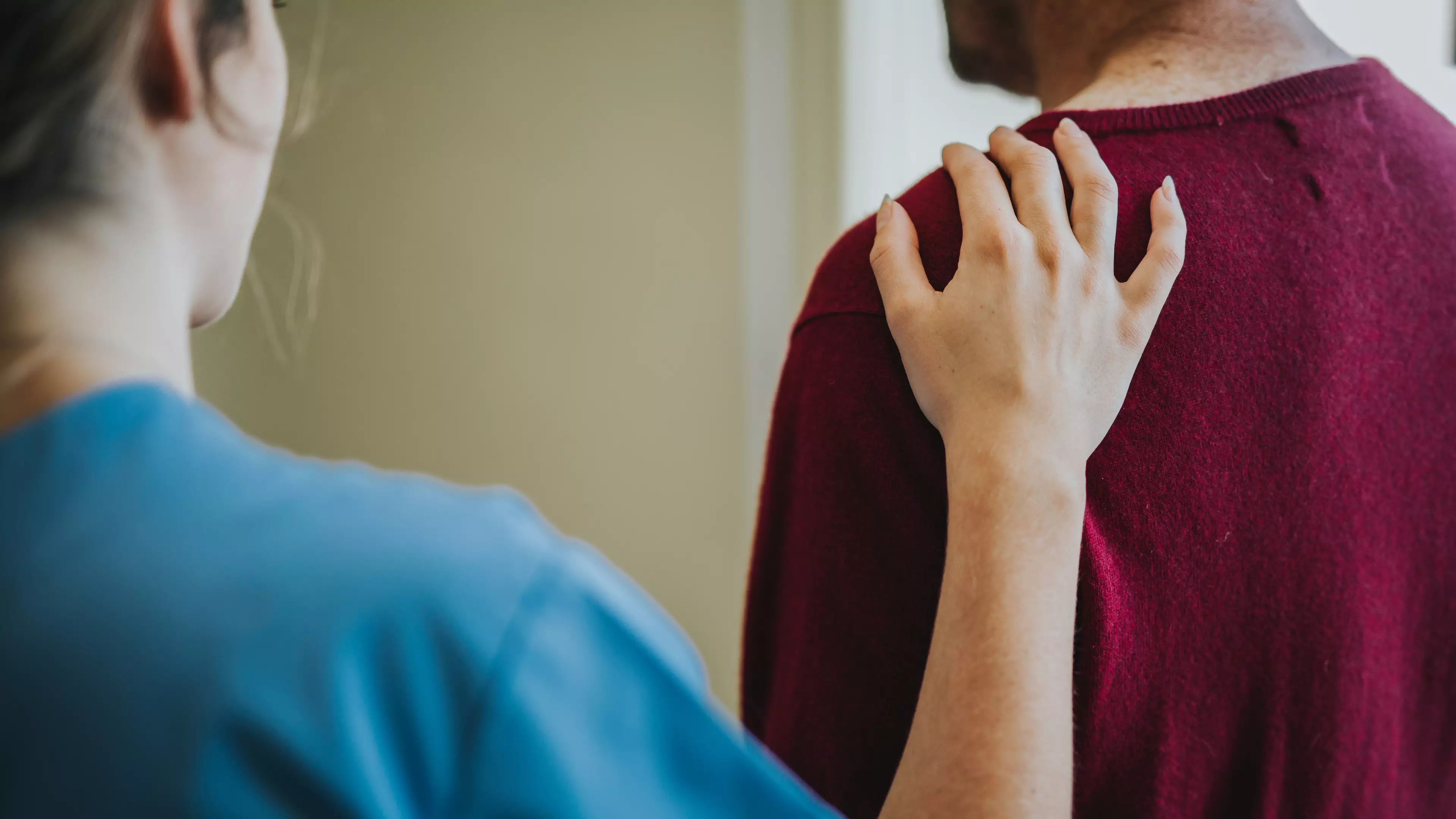
Words: Patricia Carswell
When someone you love has cancer, or any serious illness, you desperately want to say the right thing - to be supportive and encouraging. But putting your thoughts into words at such a sensitive time can be a challenge all of its own.
Macmillan Cancer Support has released a video highlighting words and phrases that people living with cancer find difficult or even offensive. "Brave" and "inspirational" are popular culprits, as are lectures on being positive and tales of friends who died of cancer.
Advert
So what on earth SHOULD you say to someone who has cancer?
A year ago I was diagnosed with breast cancer and since then I've been through surgery and four months of chemotherapy. I lost my left boob, my lovely long hair, my fingernails, my eyebrows and, at times, my confidence. I've been called inspirational and brave more times than I can say, and I've lost count of the number of times I've been told I must be positive.
Personally, I'd much rather people said something clumsy than said nothing at all - it's much more hurtful to see someone ducking behind the cereal aisle in the supermarket because they didn't know what to say.
I'm aware, though, that friends have often struggled to find the right words. So here's my cut-out-and-keep guide to what you should and shouldn't say to someone with cancer.
Advert
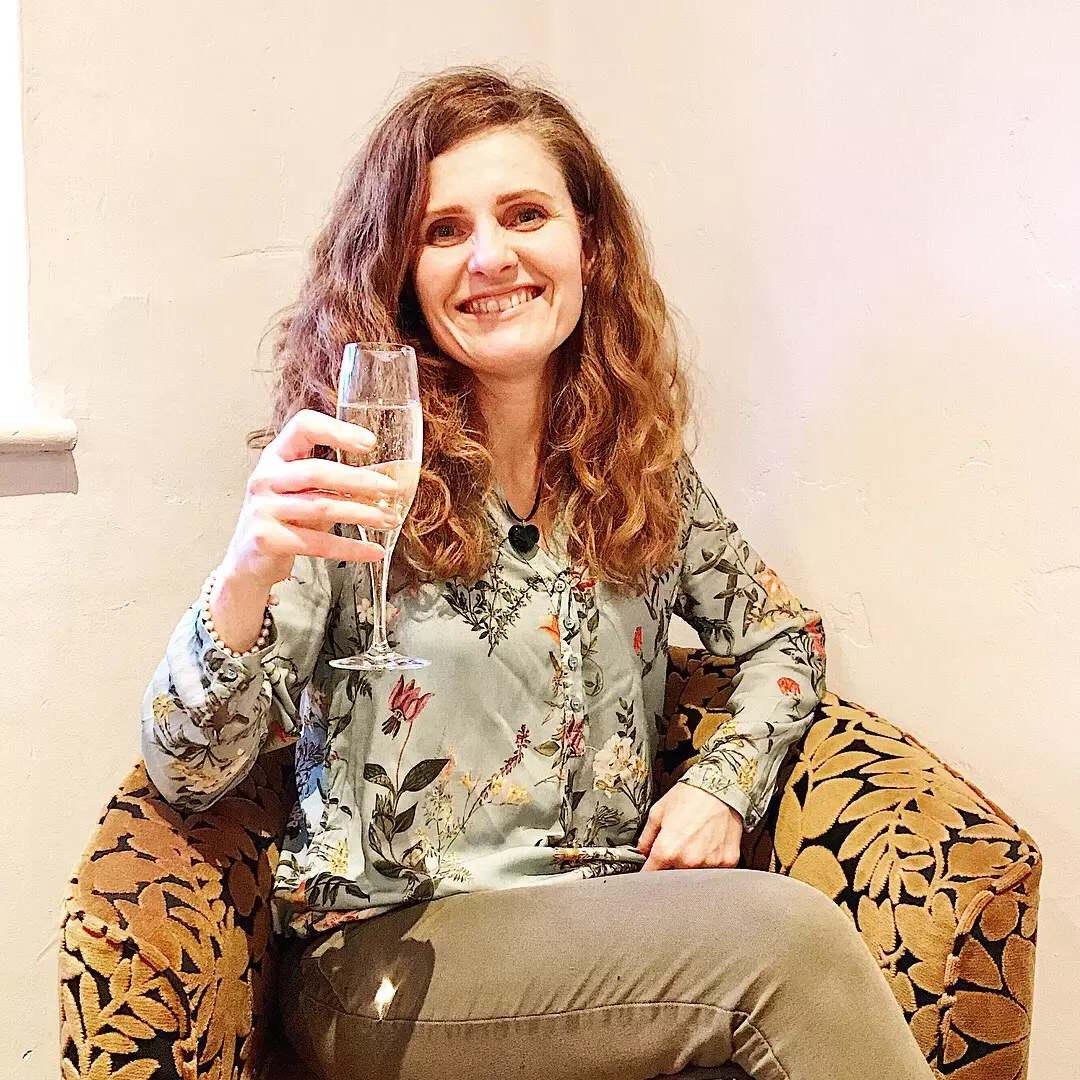
When they tell you they have cancer:
DON'T say: "You must stay positive." Research shows a positive mental attitude doesn't make you more likely to survive cancer and it's important to allow them to feel upset.
DO say: "I'm so sorry, that's really tough." It's OK to acknowledge it's bad news. It's also OK simply to admit you don't know what to say - it's honest and shows that you're shocked and upset.
Advert
DON'T SAY: "How long have you got?" If their prognosis is bad (and remember, it may not be) leave it up to them to tell you.
DO say: "Are you able to talk about what the doctors said?" This lets them decide how much they want to tell you.
DON'T say: "My cousin had cancer, too... she died, unfortunately." You may feel you're empathising by telling them a similar story but it generally isn't helpful, especially if that person didn't survive.
DO say: "Do you want any help finding support?" There are loads of brilliant groups and forums online and at cancer support centres.
Advert
When they need a boost:
DON'T SAY: "If there's anything I can do..." Unless you're offering to do something concrete, this isn't helpful.
DO say: "I'm going to have a think about what I can do for you. Would you like me to drop off some shopping / do laundry for you / babysit for you?" Offering specific help is much more useful.
DON'T say... "You must be feeling scared / upset / depressed." Don't assume you know how they feel; everyone reacts differently to cancer and its treatment.
Advert
DO say... "How are you feeling?" This allows them to tell you how they're really getting on.
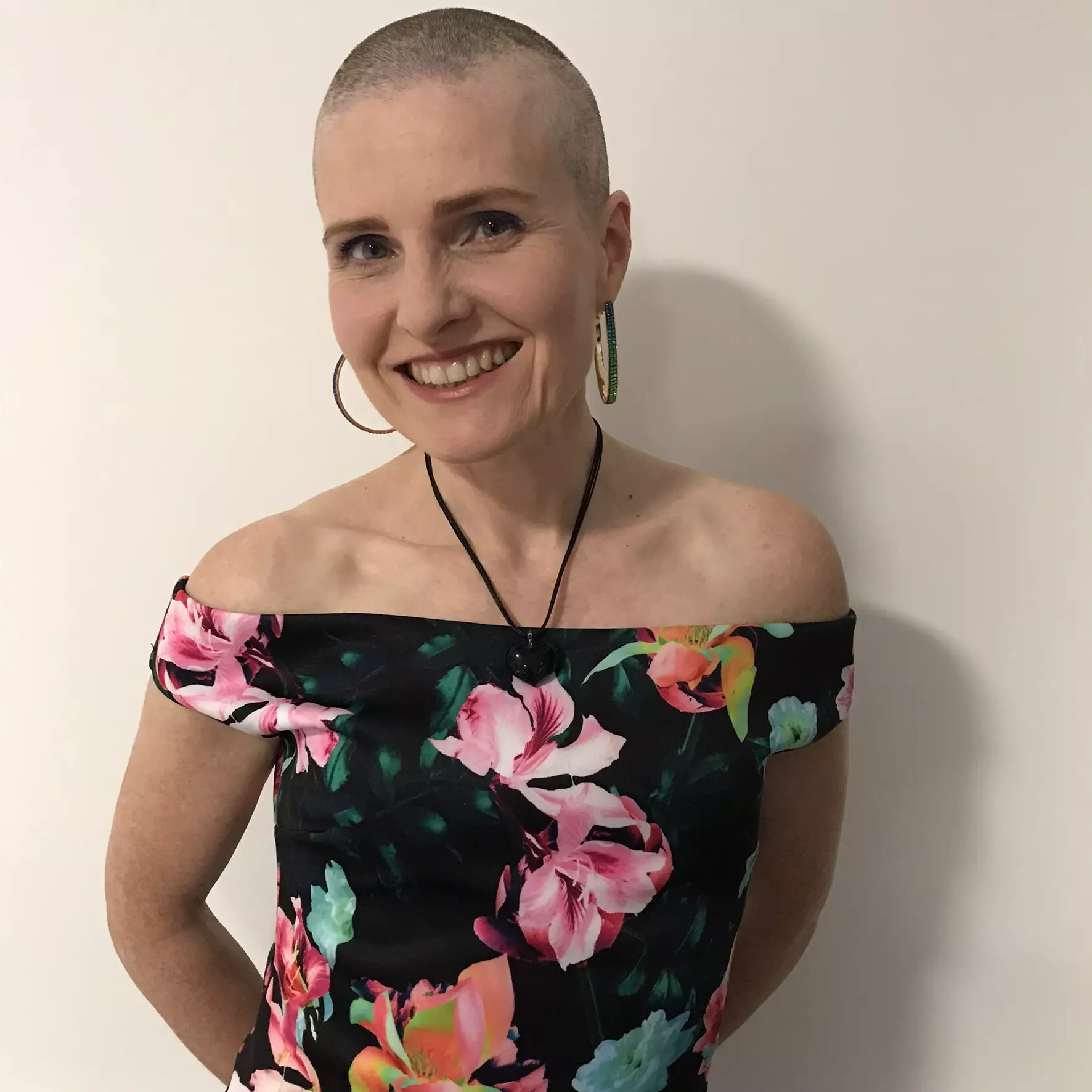
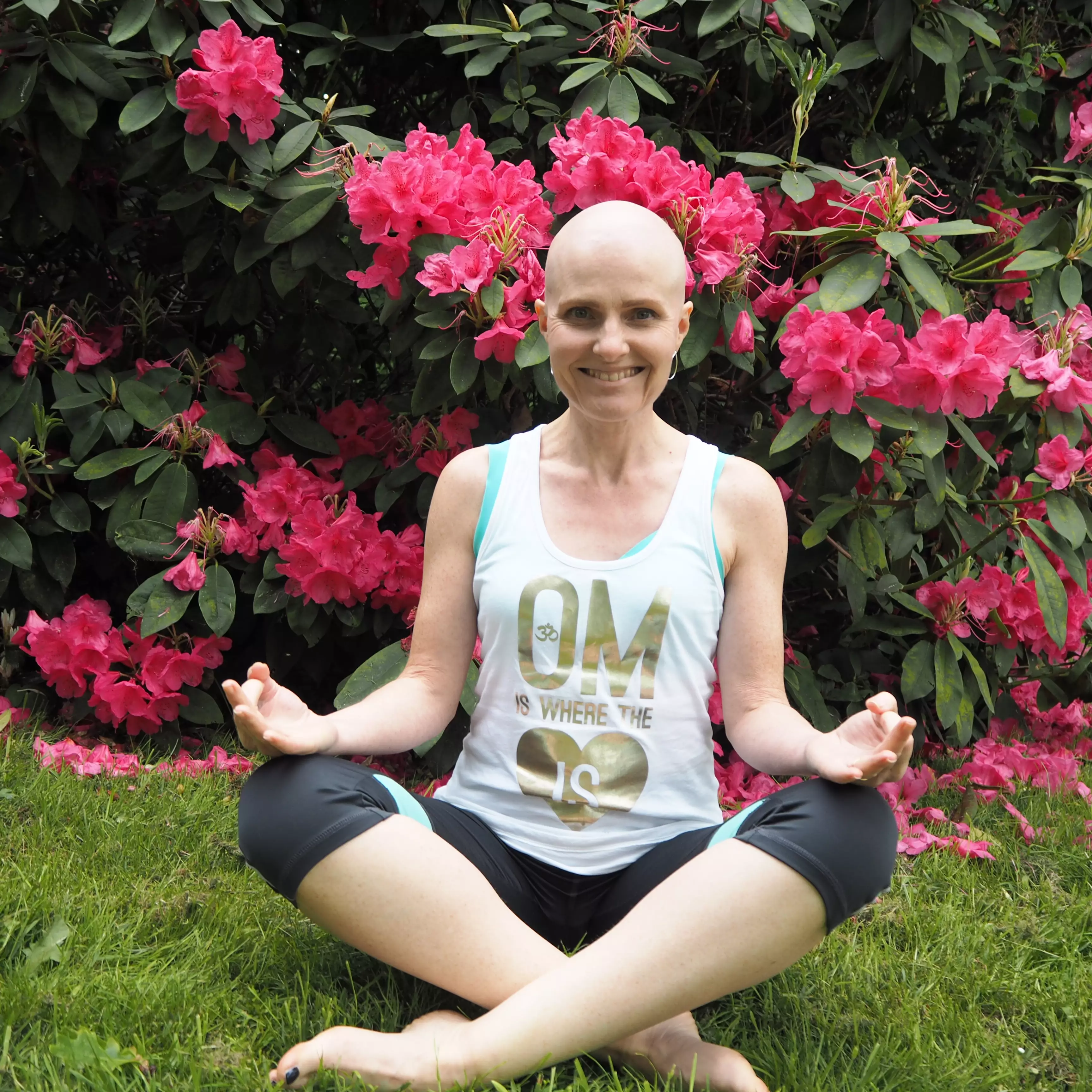
When they're having cancer treatment:
DON'T say... "You're so brave and inspirational; I couldn't do what you're doing." Many people with cancer find this objectionable as they don't have any choice in the matter - they just have to get on with it.
DO say... "Is there a charity I could donate to, to support you?" This shows you have actually been inspired to do something positive, rather than just telling them they're inspirational.
DON'T say... "Have you tried turmeric / CBD oil / vitamin C?" Cancer patients tend to get bombarded with well-meaning suggestions, many of which are not backed up by evidence.
Do say... "Let me know if you'd like me to do any research into your treatment or its side effects." This leaves the ball in their court.
The most important thing of all is to listen to your loved one and let them tell you how they are feeling. Some people handle a cancer diagnosis calmly and stoically while others are floored by it. There may be days when they feel like talking about their cancer and days when they don't. There will probably be times when they can do no more than lie face down on the sofa and other times when they feel like socialising. The only way you'll know is by asking.
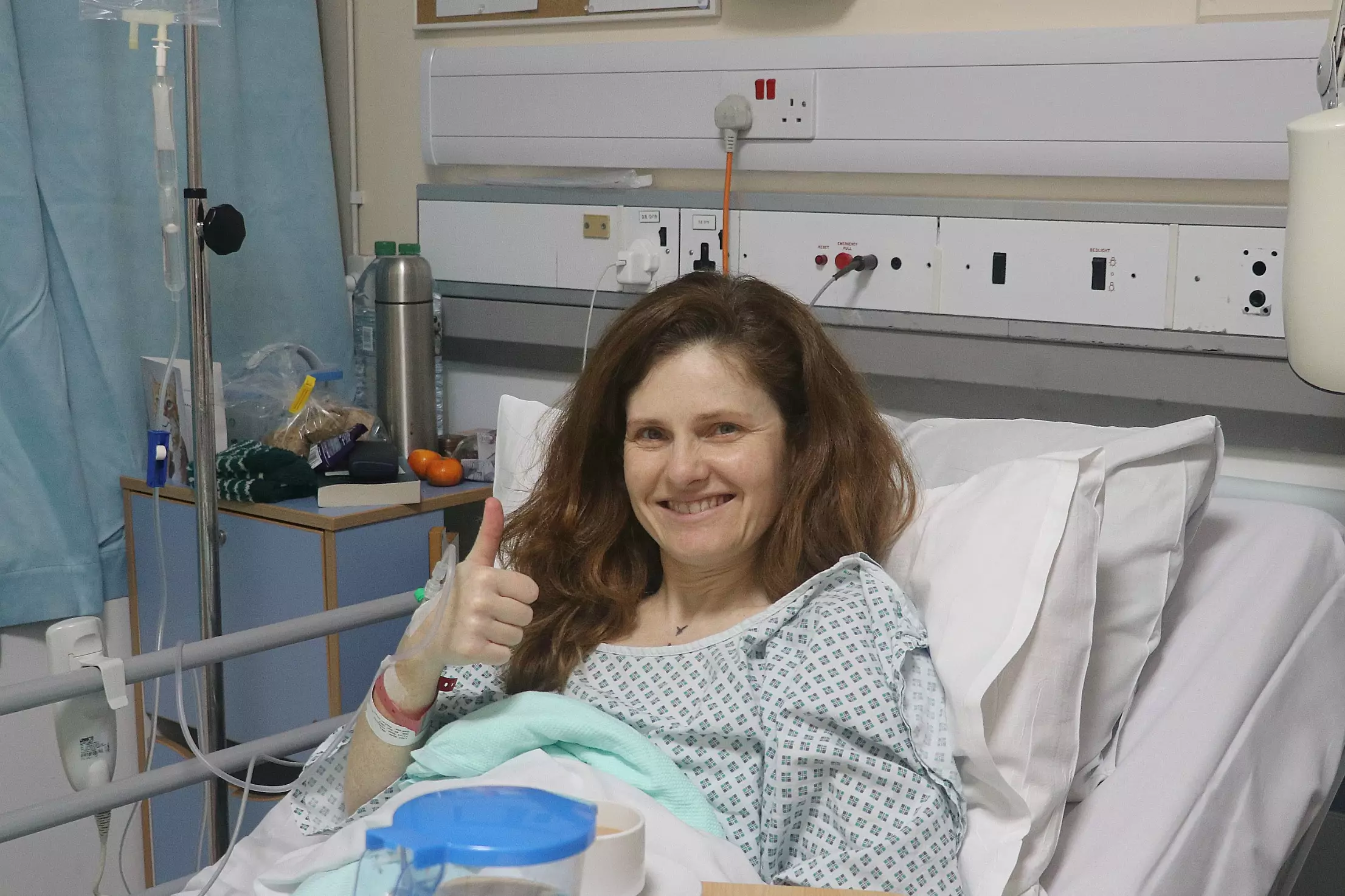
Above all, treat them like you always did before they had cancer. Don't stay out of their way for fear of saying the wrong thing. Don't treat them with kid gloves. Instead show them love, laugh and cry with them and remember they're still the same, unique person they always were. Cancer may take away a lot of things but it can't take that away.
Featured Image Credit: unsplash